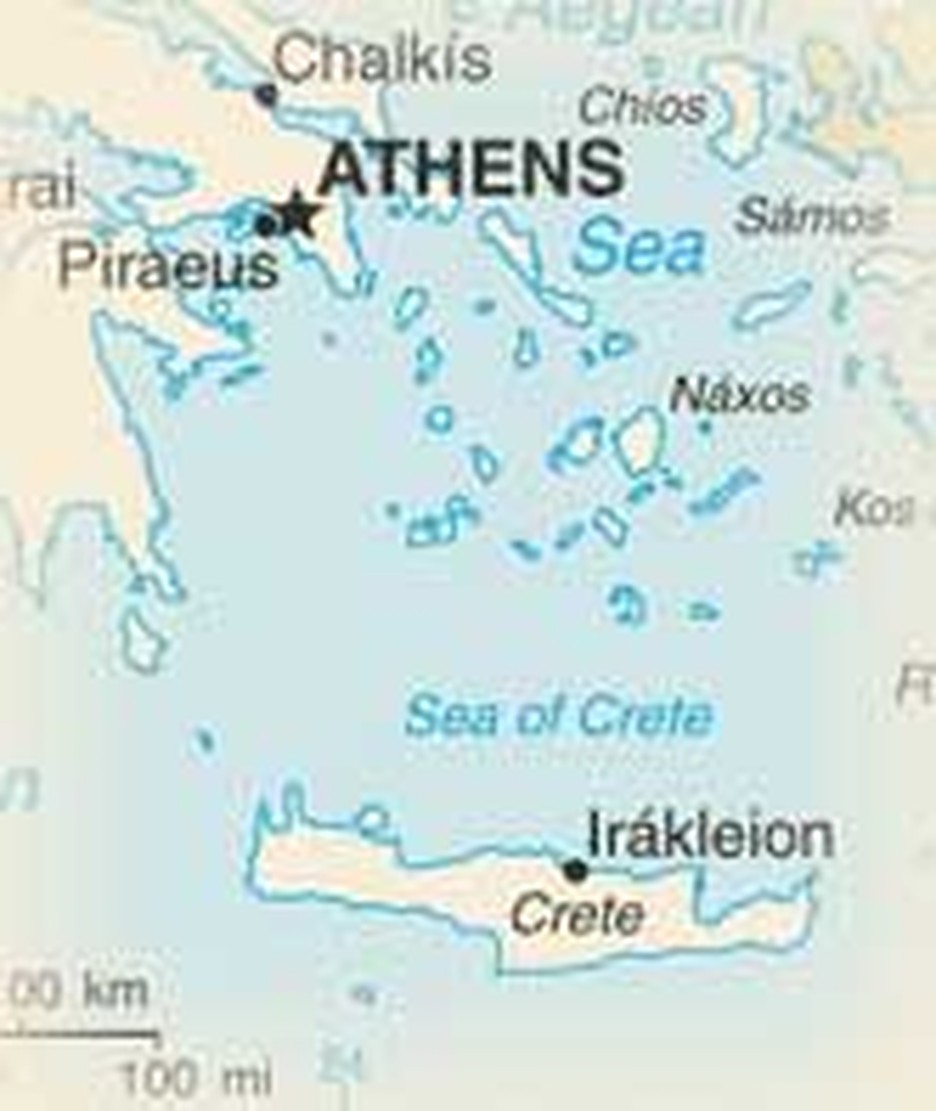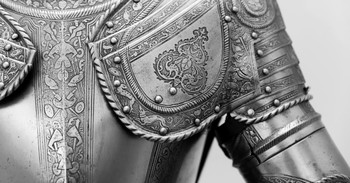
Titus was a native of Greece, and a Gentile by birth; but was converted to the Christian faith by the apostle Paul, who, in consequence of his strict adherence to the doctrine of Christ, calls him son. St. Jerome tells us that he was St. Paul’s interpreter; and that, probably, because he might write what Paul dictated, or translate into Greek what he had written in Latin.
Soon after the conversion of Titus, the apostle Paul took him with him to Jerusalem; which was at the time when he went thither about deciding the dispute then in agitation relative to the converted Gentiles being mad subject to the ceremonies of the Mosaic law. On their arrival there, some of the people were desirous that Titus should be circumcised; but this was not only refused by Titus, but totally objected to by Paul.
After this controversy was ended at Jerusalem, Paul sent Titus thence to Corinth, in order to adjust some disputes which had taken place in the church of that city. Titus was received by the people with the greatest marks of respect; and, from the various discourses he preached on the occasion, was so successful as efficiently to discharge the business on which he was sent.
After staying some time at Corinth, Titus went thence into Macedonia, in order to inform Paul of the state of the church in that city. Paul was well pleased with the account he gave, and the success of his embassy; and intending himself to go to Corinth, desired Titus to return thither, to make some necessary preparations previous to his departure for that city. Titus readily undertook the journey, and immediately set off, carrying with him St. Paul’s second Epistle to the Corinthians.
The subject of this epistle is to represent to Titus what are the qualities that a bishop should be endued with. As the principal function which Titus was to exercise in the isle of Crete was to ordain priests and bishops, it was highly incumbent on him to make a discreet choice. The apostle also gives him a sketch of the advice and instructions which he was to propound to all sorts of persons; to the aged, both men and women; to young people of each sex; to slaves or servants. He exhorts him to keep a strict eye over the Cretans; and to reprove them with severity, as being a people addicted to lying, wickedness, idleness, and gluttony. And, as many Jews were in the churches of Crete, he exhorts Titus to oppose their vain traditions and Jewish fables; and at the same time to show them that the observation of the law ceremonies is no longer necessary; that the distinction of meat is abolished; and that every thing is pure and clean to those that are so themselves. He puts him in mind of exhorting the faithful to be obedient to temporal power; to avoid disputes, quarrels, and slander; to apply themselves to honest callings, and to shun the company of a heretic, after the first and second admonition.
Titus was deputed to preach the gospel in Dalmatia, where he was situated when the apostle wrote his second Epistle to Timothy. He afterward returned into Crete, from which it is said he propagated the gospel into the neighboring islands. He died at the age of ninety-four, and was buried in Crete. The Greeks keep his festival on the 25th of August, and the Latins on the 4th of January.
Resources: This story is adapted from John Kitto's 1870 History of the Bible and represents the commonly accepted views about this apostle among rank and file believers in the late 19th century.


